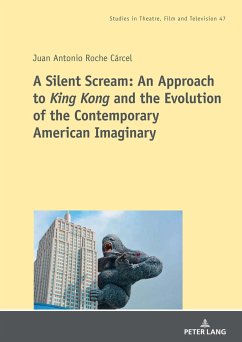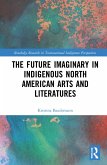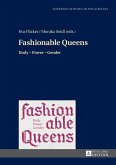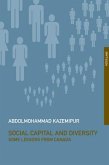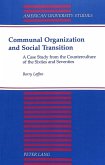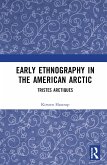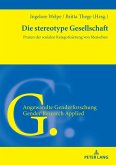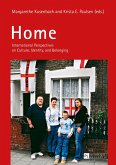This book describes the main characteristics that define the emotion of fear, its dimensions, functions, types, and social and individual meanings. It also shows that fear represents a desire to eliminate the Other and that horror films have their origin precisely in crisis and fear, which gives it a fundamentally xenophobic nature. This is demonstrated in the book through the analysis of the four most important versions of the King Kong myth: 1933, 1976, 2005 and 2017. These versions are the result of the fear of the Other that was generated by particular crises in US society: the stock market crash of 1929, the 1970s energy crisis, 9/11 and the military intervention in Iraq in 2003 and its consequences. These conflicts also led to psychological and sociological effects that created a desire for escape that King Kong's films manifest.

